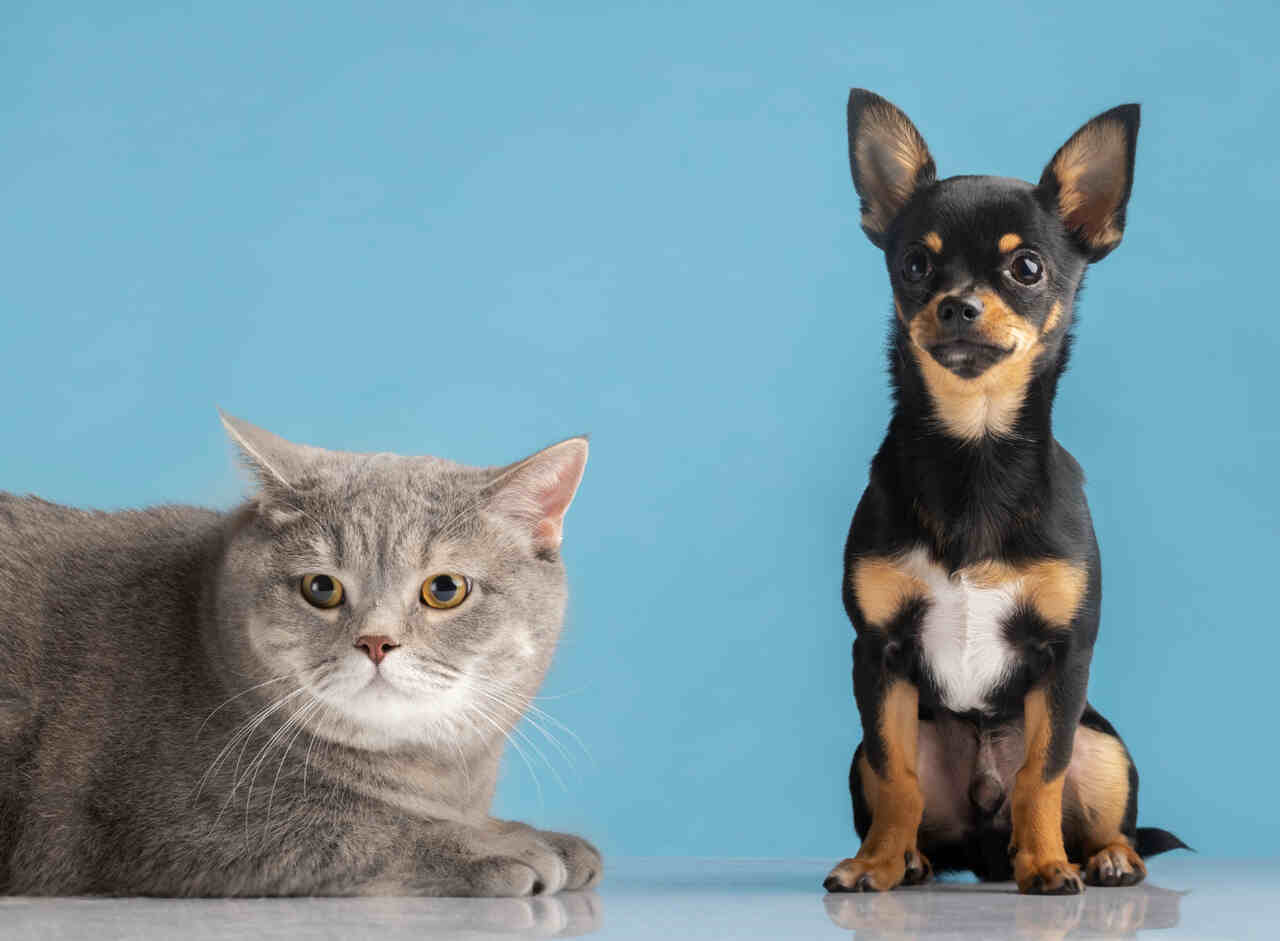
A new study has revealed that pet owners are more likely to show affection for their dogs than for their cats.
+ Videos: there’s nothing cuter than images that bring together dogs and children
+ Videos capture chiropractor fixing dogs’ spines in seconds
+ Check out 5 cleaning tips for homes with dogs and cats
The research, published in the scientific journal Frontiers in Veterinary Science, was led by scientists from the University of Copenhagen in Denmark.
The team analyzed the attitudes of pet owners aged 18 to 89 in three countries (Denmark, the United Kingdom, and Australia) to assess their responses to their dogs and cats.
For the study, researchers used the Lexington Attachment to Pets Scale (LAPS). The project analyzed the responses of over 17,747 participants to these questions to evaluate their results.
Additionally, the team also considered whether owners would purchase pet health insurance and whether they were willing to invest in life-saving treatments.
As a result, the study revealed a surprising finding: dog owners consistently scored higher on the LAPS scale. It was evident that dogs were more frequently insured by their owners, who were simultaneously more willing to go the extra mile for life-saving interventions.
According to the authors, however, “it does not seem to be a universal phenomenon that people care much less about their cats than their dogs.” In fact, researchers considered the division between dogs and cats in the UK to be “very modest.”
Furthermore, the sample size completely overlooks other non-Eurocentric nations worldwide. In light of this, the authors acknowledge the limitations of their own study.
“The degree to which owners care about their dogs and cats is not limited or otherwise defined solely by the nature of the animals and may continue to evolve as human lifestyles change.,” the authors said.

